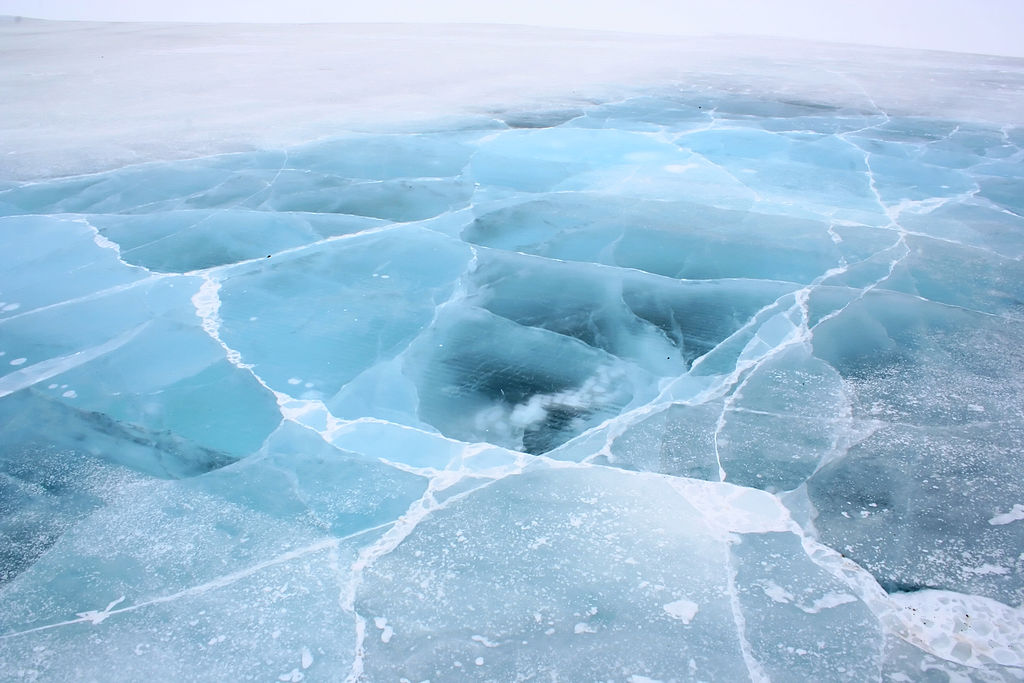
Stijn De Schepper wins 2.6m Euro grant to document past climate change.
It is great to see that our novel approach that has the potential to significantly advance the field of paleo-sea ice research is being recognised as ground-breaking.
Stijn De Schipper
A Gates Cambridge Scholar has been awarded a 2.6m Euro grant to develop ancient DNA as a new tool for documenting past sea ice change.
Stijn De Schepper will use the European Research Council Consolidator Grant to establish a cross-disciplinary research group of paleoceanographers and molecular ecologists.
His project AGENSI – A Genetic View into Past Sea Ice Variability in the Arctic will develop, test and apply ancient DNA as a new tool for documenting past sea ice change to better understand what is driving past Arctic sea ice and climate change.
Stijn, who is researcher at NORCE Climate and the Bjerknes Centre for Climate Research in Bergen, Norway, said: "I am truly excited that I will be able to pursue my research idea to use ancient DNA for sea ice reconstructions. It is great to see that this novel approach that has the potential to significantly advance the field of paleo-sea ice research is being recognised as ground-breaking. Receiving this grant gives me the freedom to pursue fundamental paleoclimate research."
Stijn [2002] did his PhD in Geography at the University of Cambridge with the support of a Gates Cambridge Scholarship. It focused mainly on Pliocene microfossils from a drill core in the North Atlantic which was collected by the International Ocean Discovery Programme, a large international marine research collaboration. Over the course of his PhD he discovered several species new to science. He also did a pilot study to understand the Pliocene history of the North Atlantic Current and its influence on climate.
While in Bergen he has led a nine million Norwegian kroner [£880,000] international project investigating the history of Arctic sea ice during the warm Pliocene.
*Picture credit: The ice highway by Ian Mackenzie from Ottawa, Canada c/o Wikimedia Commons.

Stijn De Schepper
- Alumni
- Belgium
- 2002 PhD Geography
- Wolfson College












